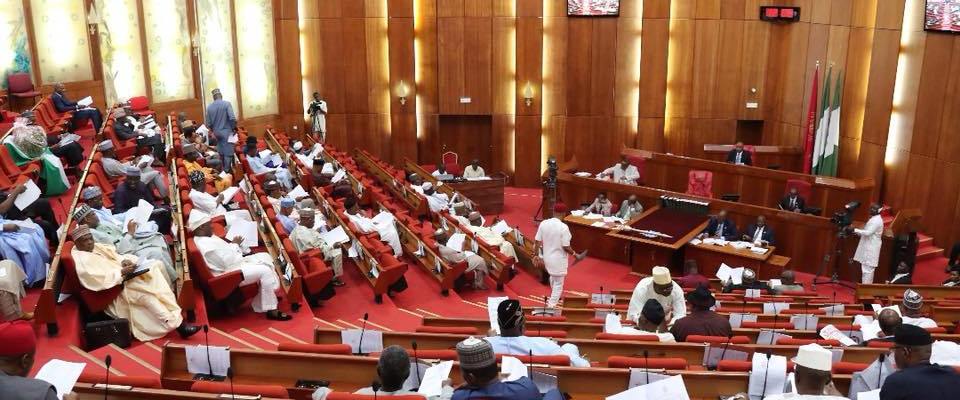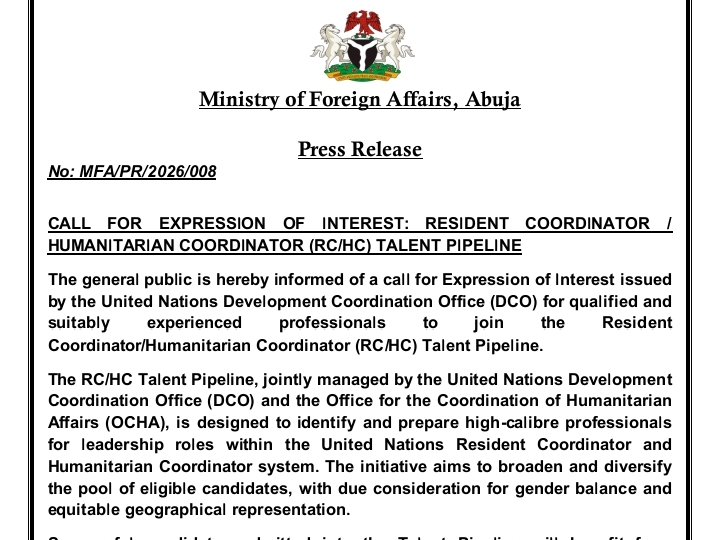
Many Citizens Can No Longer Afford Beer – Nigerian Breweries Cries Out
As Nigeria’s economic woes appear to have no end insight, the Chief Executive Officer of Nigerian Breweries Plc, Hans Essaadi, has said the situation has affected their business operations.
Essaadi, who spoke on Monday, during the company’s investor call following the release of its 2023 results, explained that the current economic has affected citizens to the extent that they can no longer afford to buy beer.
“It has been unprecedented year for our business in Nigeria,” Bloomberg quoted Essaadi as saying. “We saw a significant decline in the mainstream lager market as a result of Nigerian consumers no longer able to afford a Goldberg after a hard day’s work.”
The firm explained in its financial report that it suffered a N153bn foreign exchange loss due to the devaluation of the naira for the year ended December 2023.
For the period under review, the company grew its revenue by 8.9 per cent to N599.64bn from N550.64bn. Net finance expense rose significantly by 449.7 per cent to N189.19bn, dragging the brewer to a loss of N106.31bn, from a gain of N13.19bn at the end of 2022.
According to NB Board of Directors, in comments accompanying the financial results, decried that the redesign of the naira notes which resulted in cash shortage set the tone for the turbulent year that ended December 31, 2023.
“The Nigeria business landscape experienced significant shifts in 2023 with substantial impact on businesses and livelihoods nationwide. The redesign of the naira notes which resulted in cash shortage that severely hampered social and economic activities nationwide set the tone for a turbulent year.
“High double-digit inflation rates (with food inflation at more than 30 per cent), removal of subsidy on premium motor spirit (fuel), devaluation of the naira, and foreign exchange scarcity further exacerbated the already difficult environment for the populace and businesses.”
He added that despite the headwinds, “The company was able to grow its revenue by nine per cent compared to the previous year aided by a positive price mix. However, the operating profit fell by 15 per cent due to higher input cost and one-off reorganisation costs despite strong and aggressive cost savings and other efficiency measures. Coupled with the impact of the devaluation of the naira which resulted in a foreign exchange loss of N153bn, the Company recorded a net loss of N106 billion during the year.”
The board went on to state its preparedness to tap into its decades of experience of operating in Nigeria to weather the current macroeconomic headwinds.
“In a difficult operating environment, the board will ensure that the company builds on its more than 77 years experience of operating in Nigeria to cope with current realities. The company will continue to be resilient and forward-thinking leveraging our broad portfolio, strong supply chain footprint and passionate workforce to drive long-term value creation for its shareholders and other stakeholders,” the board said.
In August, NB reviewed the prices of its products upward to accommodate the continued increase in the cost of inputs.








